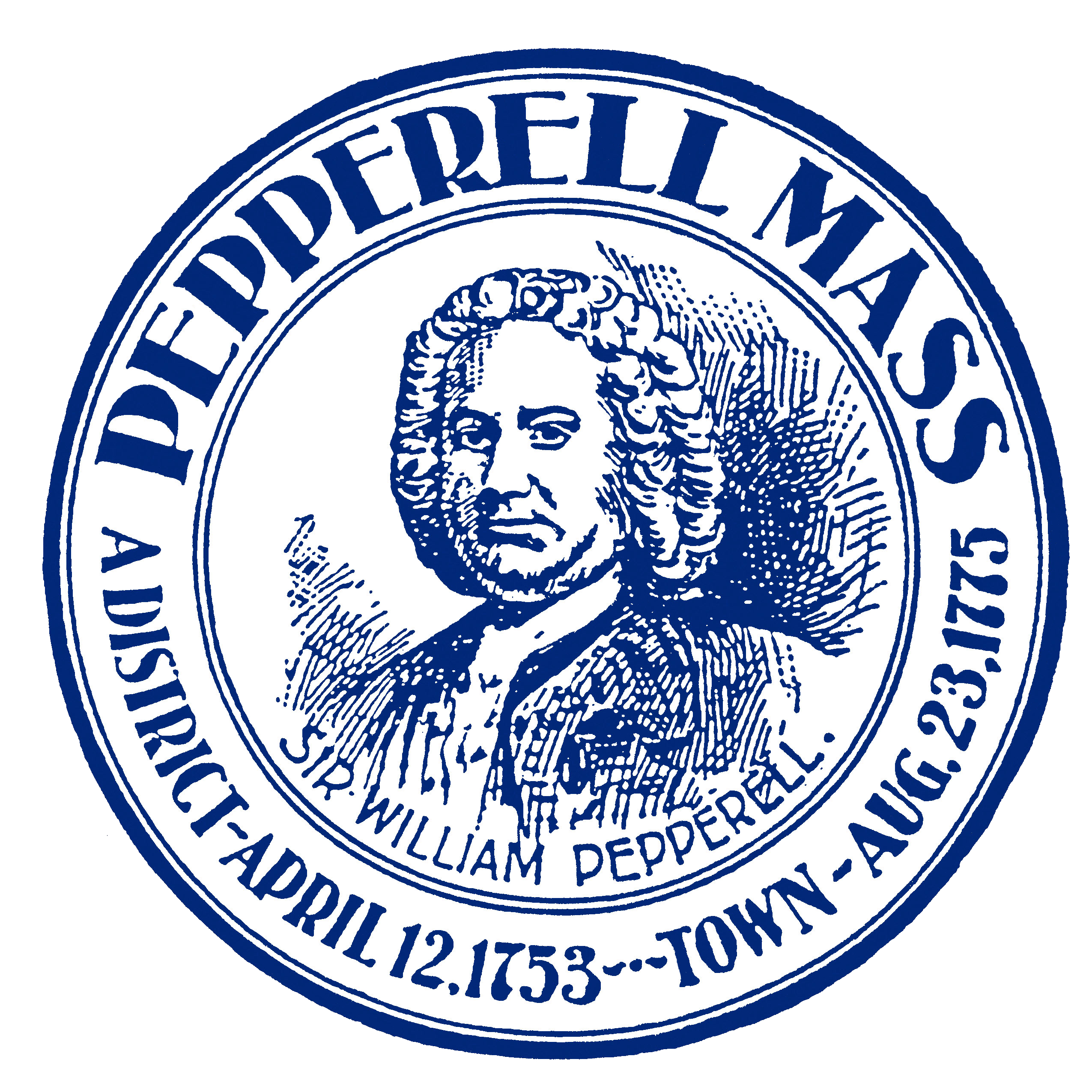What does it mean to buy renewable electricity / what are RECs?
Unless you have a renewable energy system, such as solar panels, plugged directly into your home or office, you cannot purchase the specific electricity that is generated by a renewable energy project. The electricity flowing through the grid is a comingled mix of electricity generated by renewable energy projects as well as electricity generated by burning fossil fuels.
As a result, a separate accounting system has been created to keep track of renewable energy and allow it to be bought and sold. That system uses renewable energy certificates, or RECs. Every time a renewable energy project generates 1 megawatt-hour of electricity, 1 REC is minted. That REC can then be sold. Purchasing a REC gives you, and no one else, the right to say you used the electricity from that renewable energy project.
Anyone who wishes to purchase renewable electricity must then purchase 2 things:
- the electricity itself from the grid
- RECs that equal the amount of electricity they wish to claim as renewable
(These two costs are often bundled together, which is why renewable energy costs a bit more.) Whoever buys RECs has the right to say they used the electricity generated by the associated renewable energy projects. Those RECs are then retired so that they cannot be purchased by anyone else, and no one else can claim to have used that electricity.
Anyone buying RECs has the option to buy as many as they wish, including buying RECs that equal more than the electricity used. Because buying RECs provides an important source of revenue for renewable energy developers, voluntarily buying additional RECs can be a strategy for supporting renewable energy.



